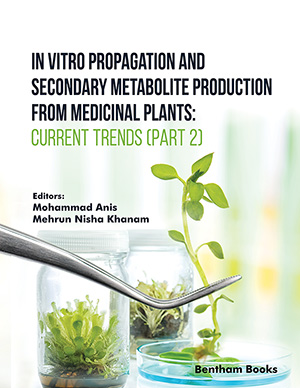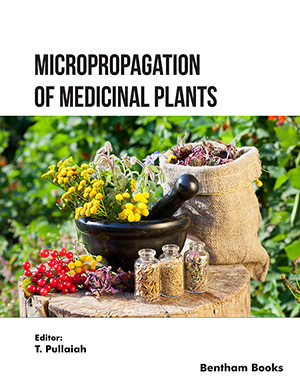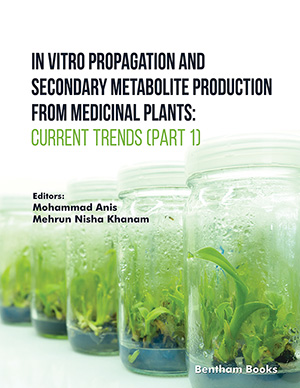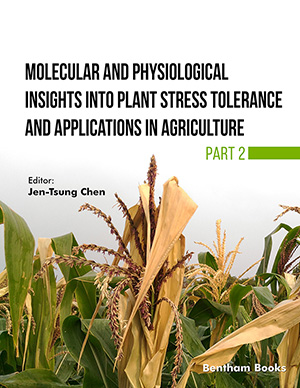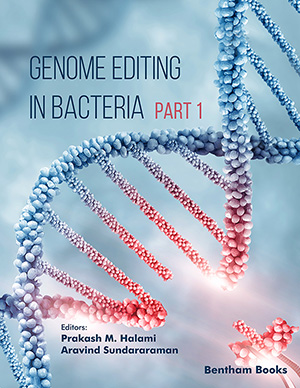Abstract
Glucocorticoids (GC) control cell cycle progression and induce apoptosis in cells of the lymphoid lineage. Physiologically, these phenomena have been implicated in regulating immune functions and repertoire generation. Clinically, they form the basis of inclusion of GC in essentially all chemotherapy protocols for lymphoid malignancies. In spite of their significance, the molecular mechanisms underlying the anti-leukemic GC effects and the clinically important phenomenon of GC resistance are still unknown. This review summarizes recent findings related to GC-induced apoptosis, cell cycle arrest, and GC resistance with particular emphasis on acute lymphoblastic leukemia (ALL). We hypothesize that under conditions of physiological Bcl-2 expression, GC might induce classical programmed cell death by directly perturbing the Bcl-2 rheostat. In the presence of anti-apoptotic Bcl- 2 proteins, cell death might result from accumulating catabolic and / or other detrimental GC effects driven by, and critically dependent on, GC receptor (GR) autoinduction. Although still controversial, there is increasing evidence for release of apoptogenic factors through pores in the outer mitochondrial membrane, rather than ΔΨloss-dependent membrane rupture, with maintenance of mitochondrial function at least in the early phase of the death response. GC-induced cell cycle arrest in ALL cells appears to be independent of apoptosis induction and vice versa, and critically depends on repression of both cyclin-D3 and c-myc followed by increased expression of the cyclin-dependent kinase inhibitor, p27Kip1. Since development of GC-resistant clones requires both cell cycle progression and survival, GC resistance might frequently result from structural or regulatory defects in GR expression, perhaps the most efficient means to target both pathways concurrently.
Keywords: apoptosis, ccrf-cem, cell cycle, glucocorticoid-induced apoptosis, glucocorticoid resistance, glucocorticoid receptor, lymphoblastic leukemia, mitochondria














